Author: Luke Barber
Hello, fellow tech enthusiasts! I'm Luke, a passionate learner and explorer in the vast realms of technology. Welcome to my digital space where I share the insights and adventures gained from my journey into the fascinating worlds of Arduino, Python, Linux, Ethical Hacking, and beyond.
Armed with qualifications including CompTIA A+, Sec+, Cisco CCNA, Unix/Linux and Bash Shell Scripting, JavaScript Application Programming, Python Programming and Ethical Hacking, I thrive in the ever-evolving landscape of coding, computers, and networks.
As a tech enthusiast, I'm on a mission to simplify the complexities of technology through my blogs, offering a glimpse into the marvels of Arduino, Python, Linux, and Ethical Hacking techniques.
Whether you're a fellow coder or a curious mind, I invite you to join me on this journey of continuous learning and discovery.

Programming the Light Dependent Resistor
What is a Light Dependent Resistor A Light Dependent Resistor (LDR), also known as a photoresistor, is a type of…
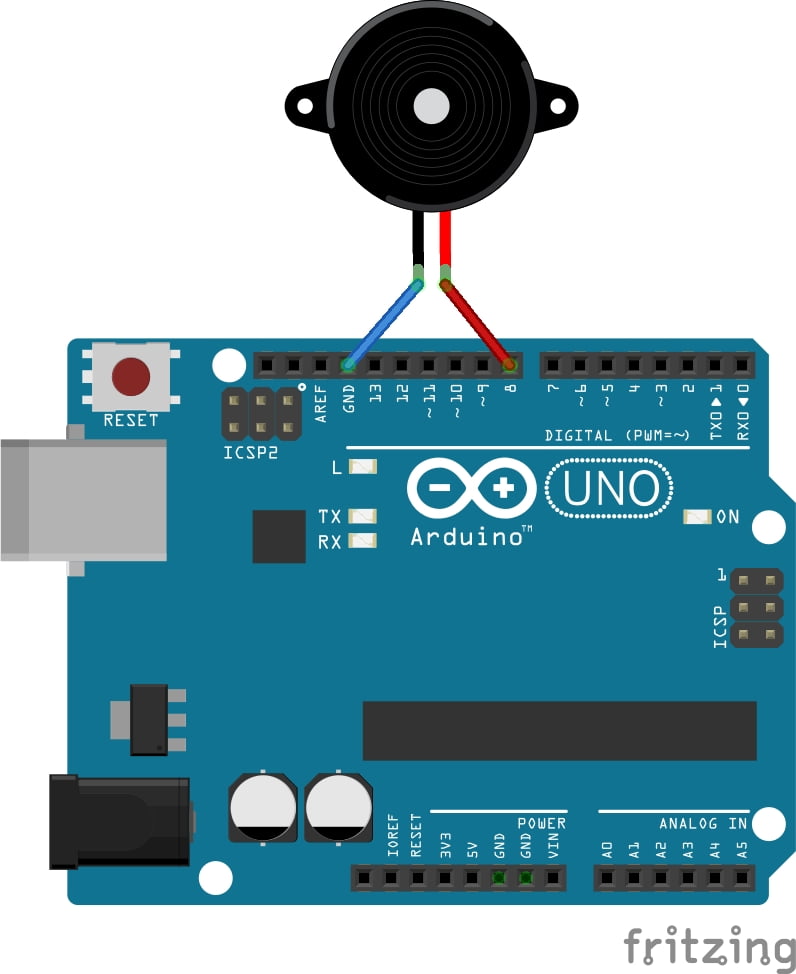
Buzzers: A Comprehensive Guide
Exploring Basic Components with Arduino! Welcome to Meganano’s series of comprehensive guides on using basic components with Arduino! In this…
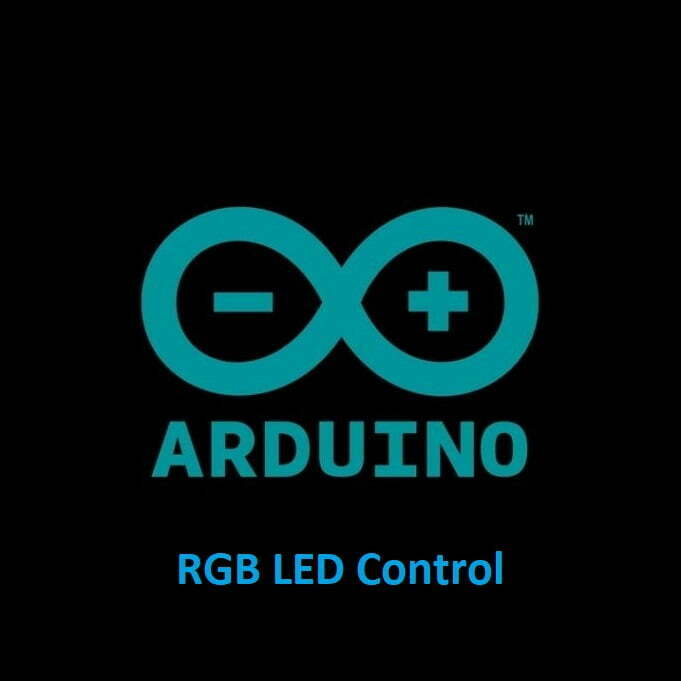
Programming RGB LEDs with Arduino
What is an RGB? An RGB LED is a type of light-emitting diode (LED) that can produce multiple colors by…
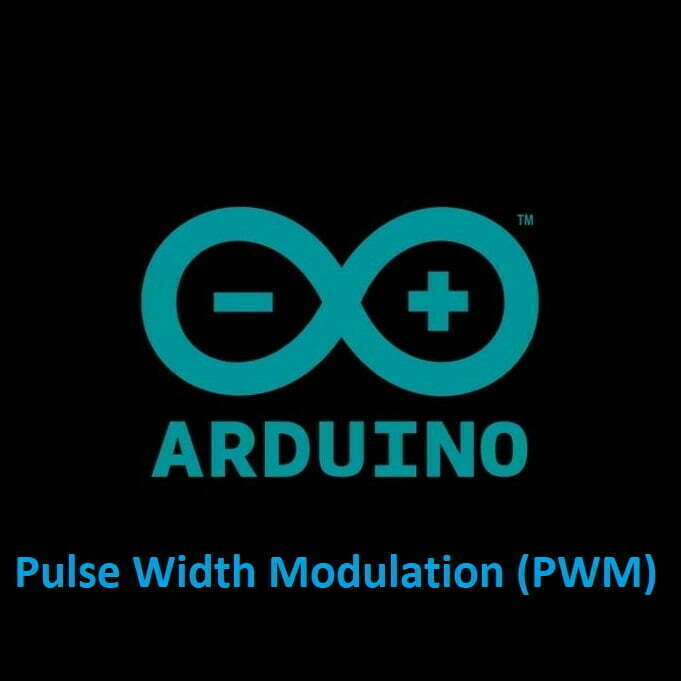
Pulse Width Modulation with Arduino
Understanding Arduinos PWM Pins PWM stands for Pulse Width Modulation, and it’s a technique used in electronics to simulate analog…

Arduino Digital Input and Output Pins
Understanding The Arduinos Digital Pins Arduino boards, have digital input and output pins that you can use for various purposes…
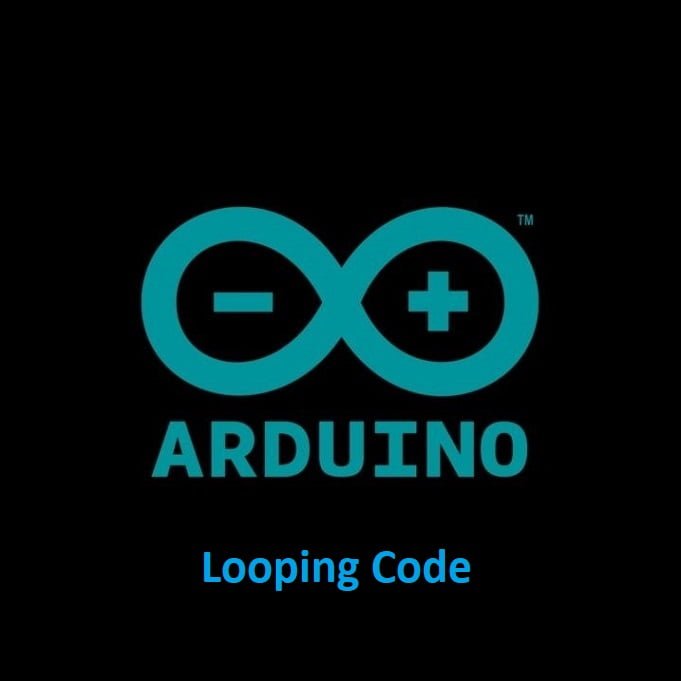
Looping Code: Learn the Different Techniques
Understanding The Different Types of Loops In Arduino programming, looping code is commonly used to execute a block of code…

Arduino Analog Input and Output Pins
Understanding The Arduinos Analog Pins Arduino’s analog input and output pins are a crucial part of the platform, allowing you…
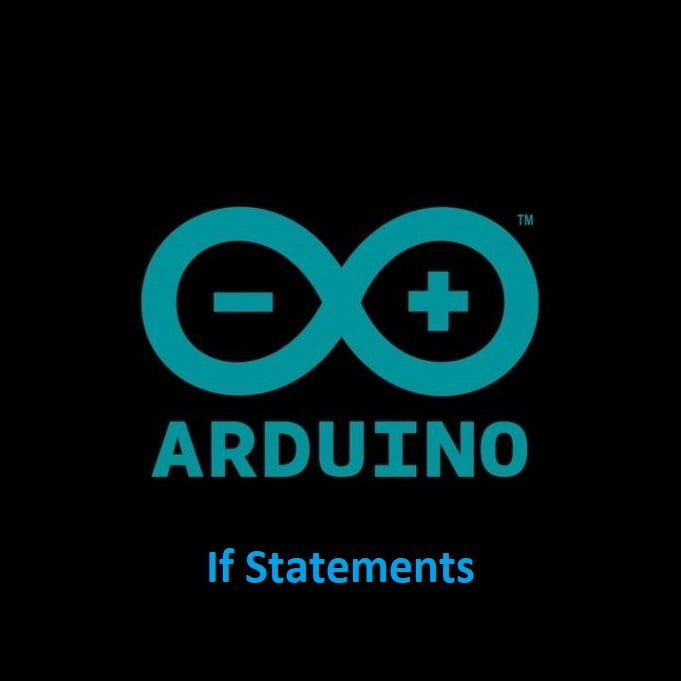
Arduino Conditional Statements
Understanding Conditional Statements In Arduino programming, Conditional statements, as in most programming languages, are used to make decisions and control…
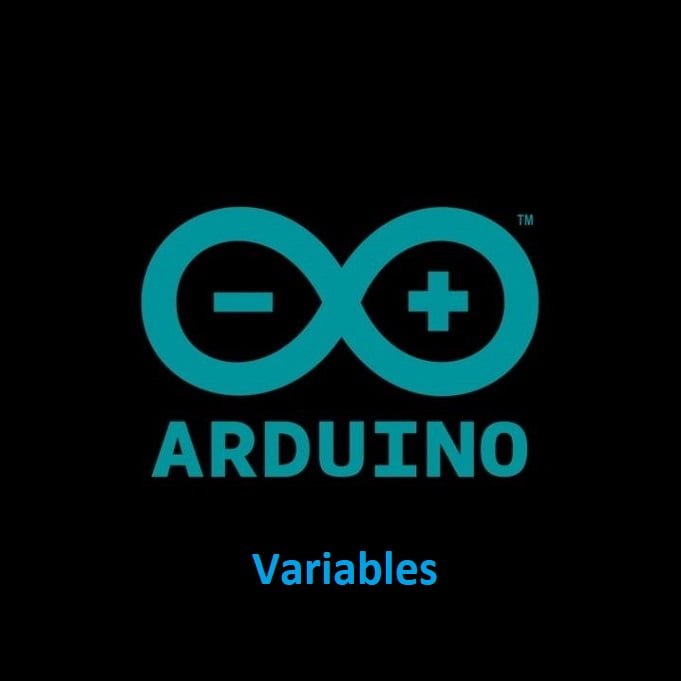
Understanding Arduino Variables
In Arduino programming, variables are used to store and manipulate data. Arduino variables are fundamental to writing code that controls…
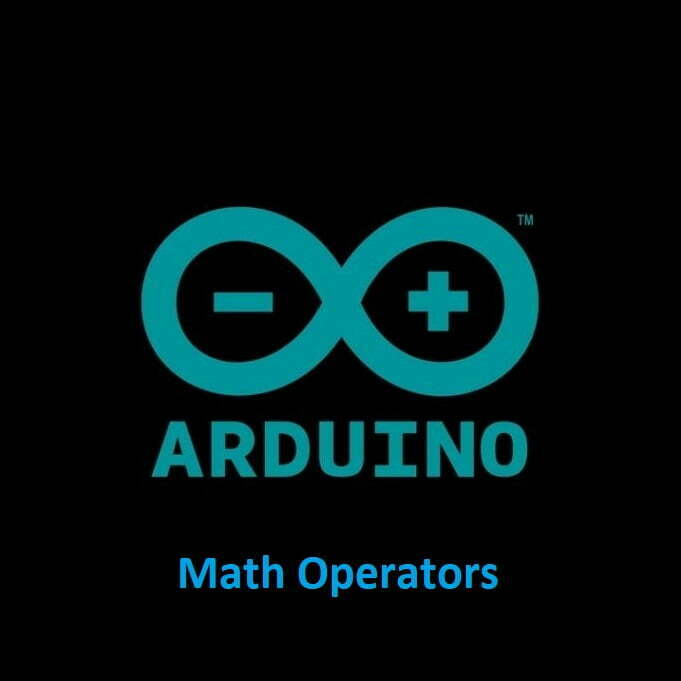
Understanding Arduino Math Operators
In Arduino programming, you can use various math operators to perform arithmetic and logical operations on numeric values. These operators…
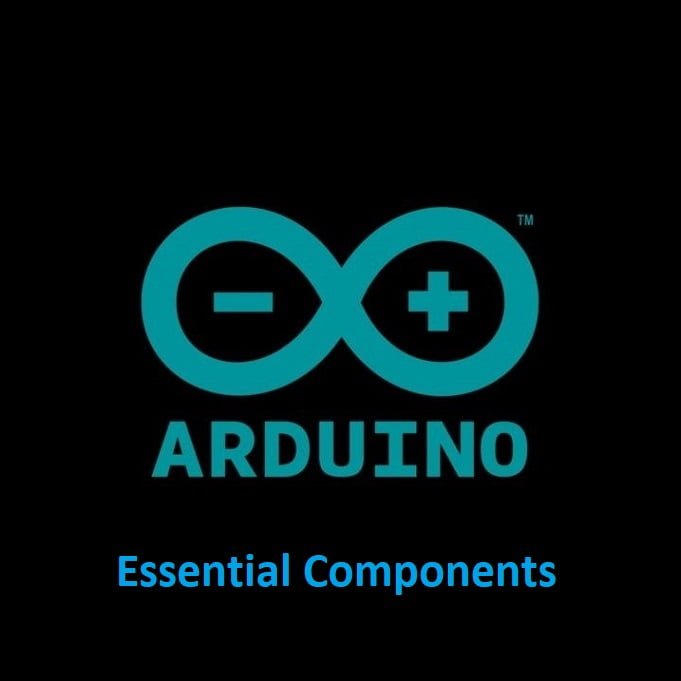
A Guide to Understanding Arduino Components
What are Arduino Components? “Arduino components” typically refers to electronic components and modules that are commonly used in conjunction with…
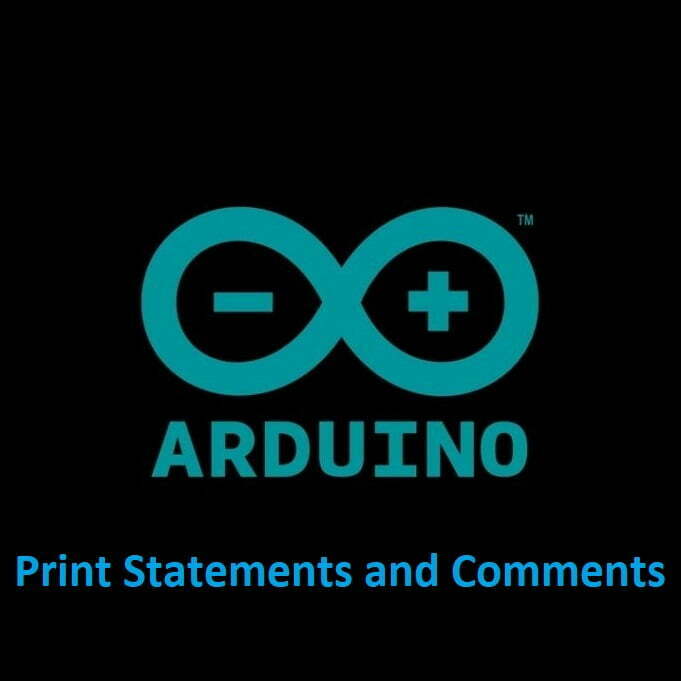
Arduino Print Statements and Comments
Print Statements and Comments Are you ready to take your Arduino programming skills to the next level? Our comprehensive guide…
